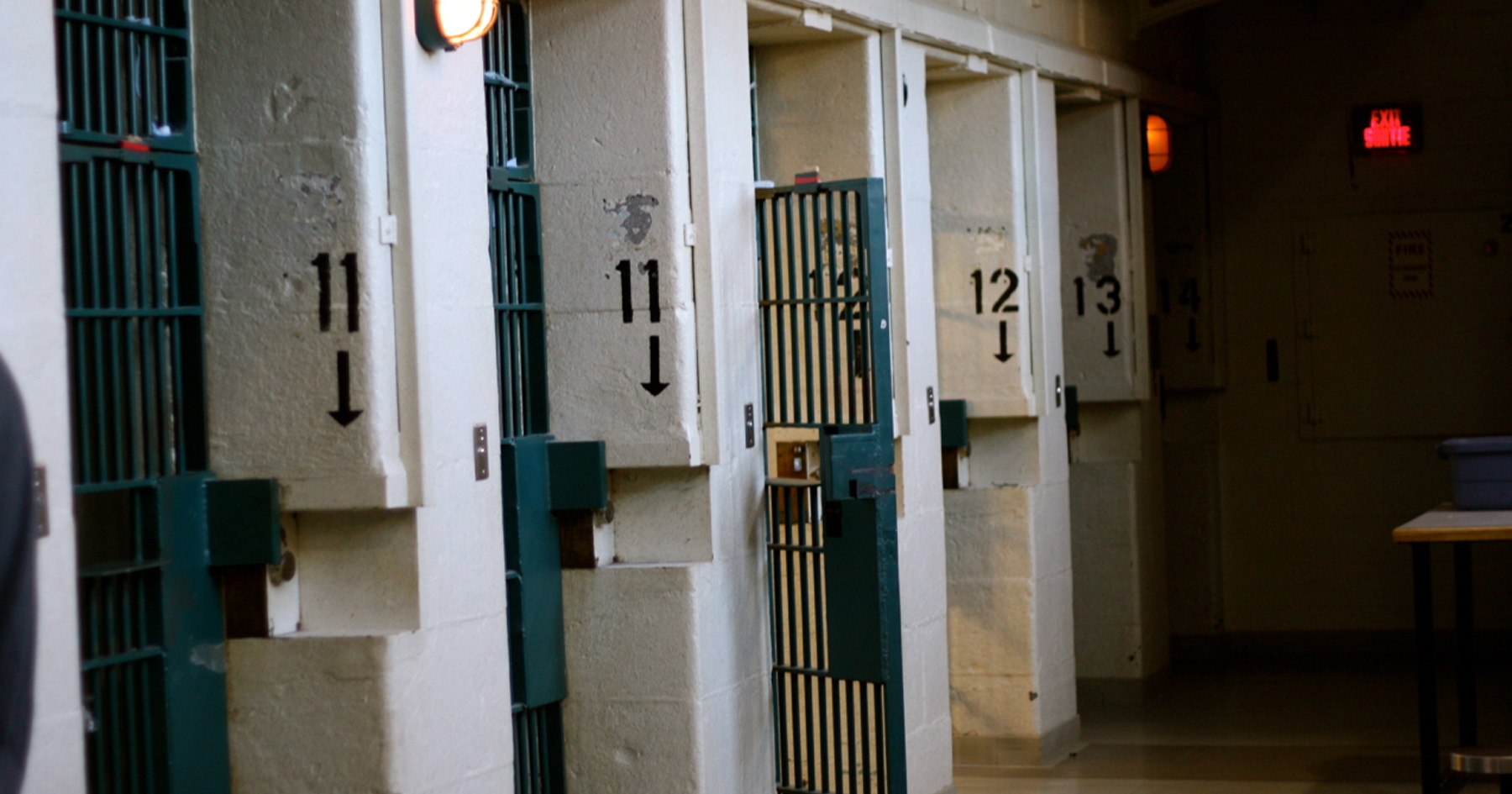Report Reveals How Food Instability Impacts Teens

By:
As policymakers have focused on tackling hunger among young children, its devastating impact on teenagers has gone somewhat unacknowledged, according to a report from the Urban Institute, a think-tank devoted to economic and social issues.
 Flickr/Julien Haler - flic.kr
Flickr/Julien Haler - flic.kr
Approximately 6.8 million young adults between the ages of 10 and 17 are food-insecure, the report points out.
Food insecurity is pushing many low-income teenage girls to exchange sex for food and other goods, the authors explain.
Researchers from the Urban Institute and Feeding America surveyed 193 teenagers in 20 focus groups in ten different communities. In each location and 13 out of 20 focus groups, teenagers discussed using sex to pay for food. The survey included major cities like Los Angeles, Chicago, and Washington, D.C. as well as rural areas in North Carolina and Oregon.
Many of the girls and boys interviewed described what the report terms “transactional dating" — a long-term sexual relationship between a teenage girl and an older man who pays them with food, items, or cash.
“It’s really like selling yourself,” a Portland teenage girl told the researchers. “You’ll do whatever you need to do to get money or eat.”
“When you’re selling your body, it’s more in disguise," a rural North Carolina boy said. "Like if I had sex with you, you have to buy me dinner tonight … that’s how girls deal with the struggle … That’s better than taking money because if they take money, they will be labeled a prostitute."
Teenage boys also said they made difficult choices to pay for food, and often turned to dealing drugs or shoplifting.
Some teens said they deliberately got arrested to get access to food. Teenagers also said they felt ashamed of being hungry and were reluctant to open up to their peers.
 Looby - bigstockphoto.com
Looby - bigstockphoto.com
“Teens feel more bad about [hunger] because they have more insecurities about themselves,” a San Diego teenage boy said. “Poor kids are the outcasts. People [are] nasty to you.”
Even lead author Susan Popkin was surprised to discover how pervasive the problem was.
“Even for me, who has been paying attention to this and has heard women tell their stories for a long time, the extent to which we were hearing about food being related to this vulnerability was new and shocking to me, and the level of desperation that it implies was really shocking to me,” Popkin told The Guardian. “It’s a situation I think is just getting worse over time.”
These choices often pushed young people — girls, in particular — into the criminal justice system at a young age.
"I think one of the things we see, particularly around girls, is that if they get caught up in the criminal justice system, they get treated as status offenders, so they get arrested and they get put in the system instead of receiving the help and support they should be having for being exploited," Popkin said. “One of the policy changes we advocate for in the report is a real shift in the perspective and getting kids help and support instead of a criminal record.”
 Flickr/Aimee - flic.kr
Flickr/Aimee - flic.kr
The report provides suggestions to lawmakers and community leaders to provide a safety net to prevent teens from turning to risk behavior as a result of hunger.
From the Urban Institute:
"Immediate ways they recommend for keeping teenagers well nourished and away from risky strategies include the following:
- Increasing the amount of food provided by the federal food assistance program known as SNAP. A 2015 White House study shows that many SNAP beneficiaries run out of food before the end of the month. It would make a big difference if the amount provided actually met families’ needs.
- Getting input from teens to make after-school and summer-meal programs more responsive to teens’ needs.
- Tweaking charitable-feeding programs, such as food pantries, to become more accessible and welcoming to teenagers.
- Expanding initiatives that provide full-time and part-time job opportunities to include all low-income youth. Providing opportunities for teens to earn wages that actually help their families make ends meet—while getting them work experience and steering them away from risky strategies—is essential.
- Making trauma-informed care and counseling available for teens and their parents. Many parents have also had to adopt risky strategies. This type of care could significantly help all who have been hurt by those choices."
